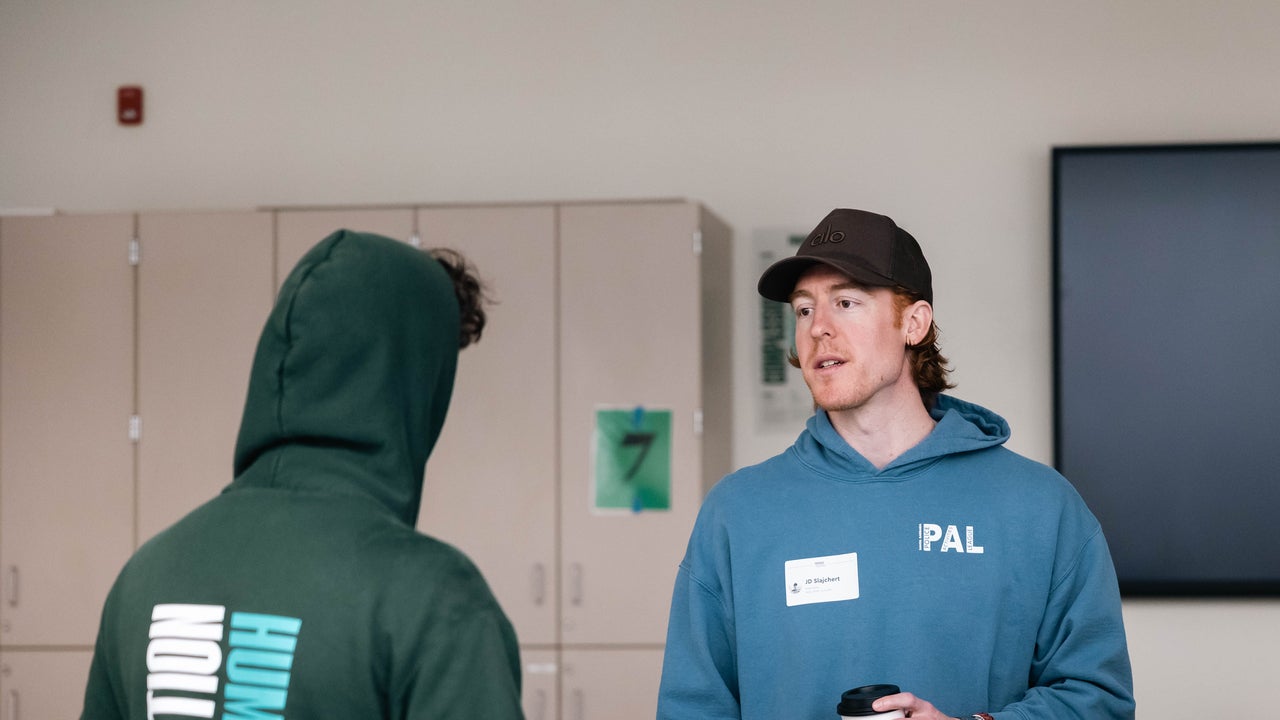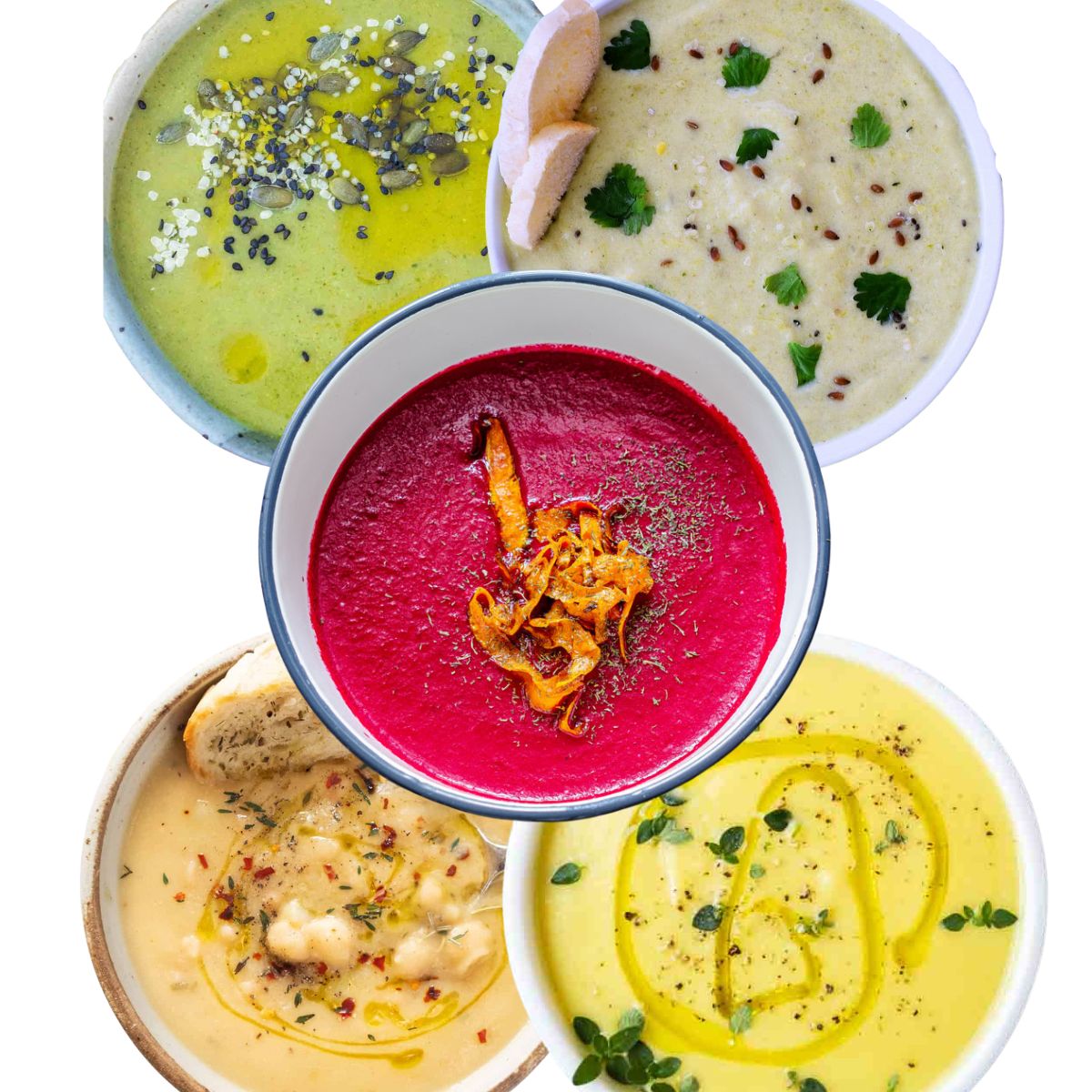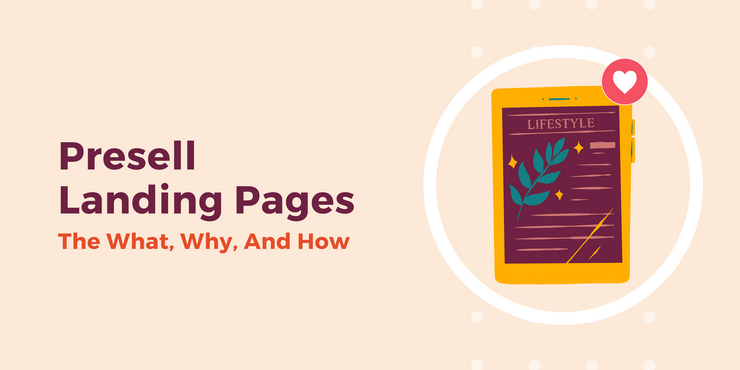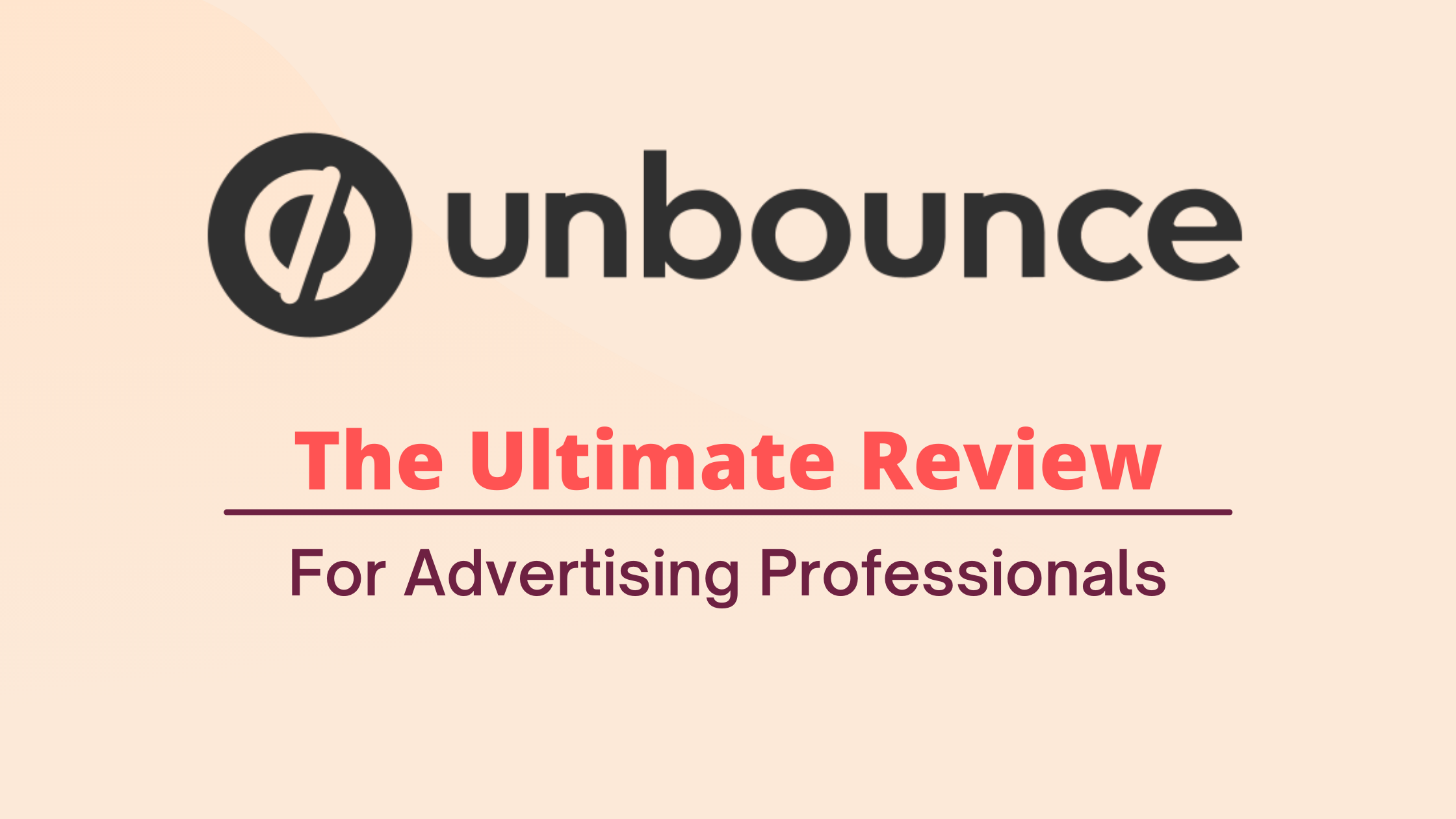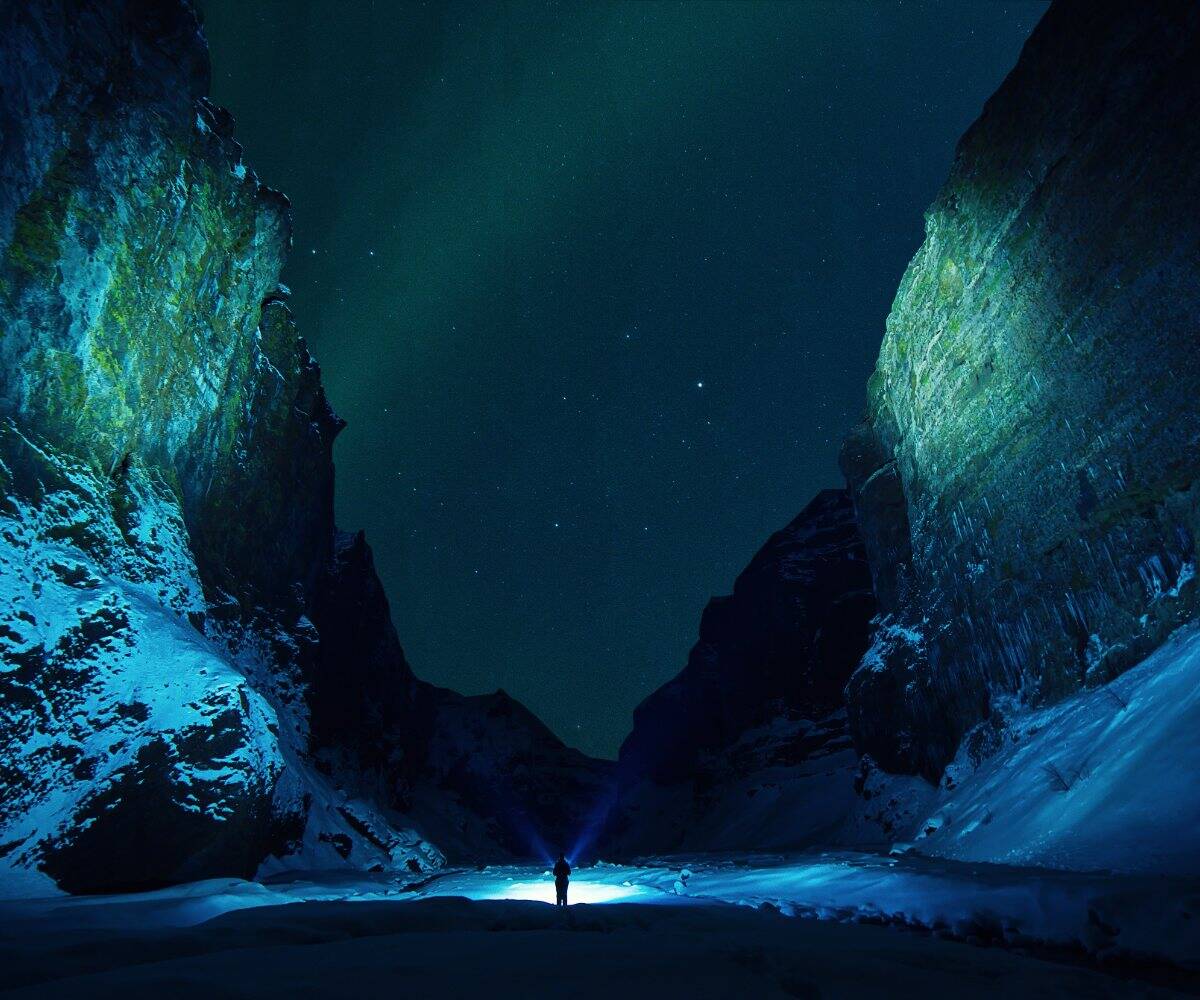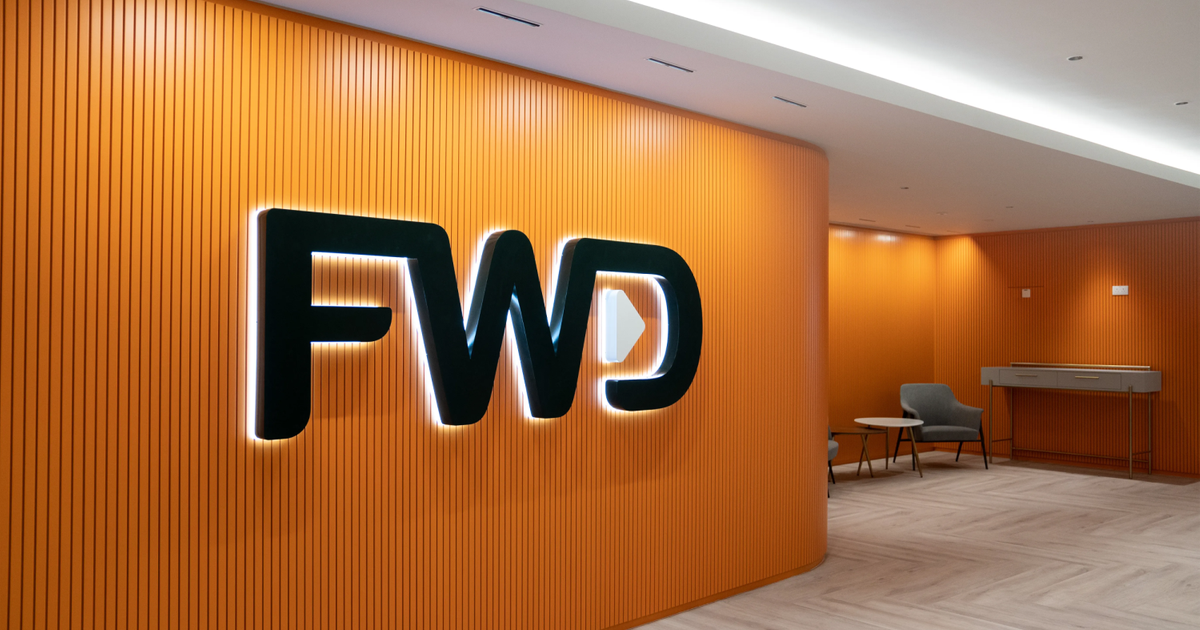Ron Kellum on creating safe spaces for creatives
The producer, director, artist and choreographer shares his thoughts on amplifying diverse voices—and the making of his new documentary “The Greater Good.”

Ad Age is marking Black History Month 2023 with our third-annual Honoring Creative Excellence package. (Read the introduction here.) Today, our guest editor Billy Porter turns the spotlight to producer, director, artist and choreographer Ron Kellum. (Visit our package hub each weekday for a new essay from another notable Black creative.)
“Ron chalks a lot of his success up to luck,” says Porter, “but I’m here to set the record straight. This man lives at the intersection of preparation and opportunity. If you’re just meeting Ron here, you can thank me later. What lies ahead for him is mind-blowing.”
Here, Kellum shares his thoughts about safe spaces for creatives—and the path that led to his new documentary “The Greater Good.”
I create safe spaces so people can be seen, heard and celebrated through the arts. I’m all about bringing people together. I’ve come to realize when we curate safe spaces like that, we elevate a collective consciousness allowing audiences to receive our messages. It starts with aligning internally, empowering storytellers and amplifying diverse voices. Only then can we begin to see, hear and celebrate one another authentically. Only then can we fully connect.
Of course, when I say, “safe spaces,” I don’t mean easy or cushy. I mean vulnerable, radically honest spaces. My career trajectory has led me to some of the world’s most precarious settings. Cirque du Soleil, for example. I’m Cirque’s first African American artistic director. Then there’s the NFL. Over 20 years ago, I became the first openly gay African American producer-director for their Pro Bowl cheerleaders/half-time show. Cirque. NFL. Two life-and-death spaces where athleticism and the arts intersect.
I’m drawn to the most human and universal of experiences. I’m also intrigued by the significance and symbolism of firsts. Which brings me to “The Greater Good,” one of my most personal projects to date. This full-length documentary reveals systemic racism and bias occurring in the practice of medicine and health care.
I had just experienced a life-threatening misdiagnosis, a frightening situation in which I felt neither seen nor heard. Then the stars aligned, as they often do in my life. I was contacted by a woman I had briefly met a decade prior. You see, I was on Season 17 of “The Amazing Race,” and so was Natalie Strand. In fact, she was on the first all-female team to win. Now, Natalie is the director of pain research at Mayo Clinic in Arizona, and, having watched my career unfold, she invited me to executive produce and co-direct this amazing race-related documentary. Amazing Race indeed.
Funded by the Mayo Clinic’s 10-year, $100 million Commitment Against Racism, “The Greater Good” features several of the organization’s Black physicians and most senior staff, often firsts in their fields. And to ensure they are not the last, pioneers like Dr. Alyx Porter, the first Black neuro-oncologist at Mayo Clinic, are co-creating organizations like ElevateMeD to address financial inequities in medical education for future physicians of color.
For many of us, being a first is both a pleasure and a pressure. I’m cautious about the designation because so many Black stories have been erased. Others may have come before us—we just don’t know their names. As a twice marginalized person, Black and gay, I get that some things seem impossible. With so few role models that look or live like me, I recognize the impact I can have. I’m proof the “impossible” is possible—because, well, here I am.
What’s next? While I can’t yet share details, I can say this: I’m about to turn cheerleading on its head. You see, while at ASU, I was on the cheerleading team. In 2009, I created the first action-hero cheer team for “Iron Man 2.” As a creator-producer-disruptor, I know a thing or two about shaking things up. It starts with the creation of safe spaces where people feel seen, heard and celebrated—where we can all cheer each other on.

 Koichiko
Koichiko 














